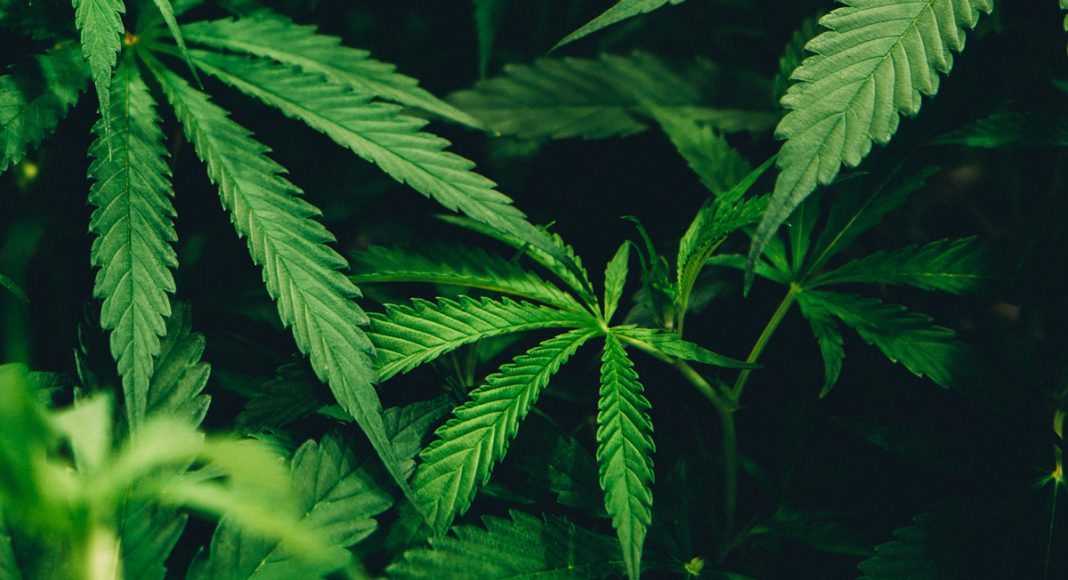In a new study published in The Annals of Internal Medicine, “Smoking, Vaping, and Use of Edibles and Other Forms of Marijuana Among U.S. Adults,” the authors found that one in seven adult citizens used cannabis in 2017, with smoked cannabis being the most prevalent form, clocking in at 55 percent. Edibles came in second at 11 percent in states where cannabis is legal and 4.2 percent in non-legalized/medicalized states.
It was found that one in 15 U.S. adults use multiple forms of cannabis – be it smoking, vaping, concentrates, edibles, you name it – and that men are more likely than women to indulge in more than one method of consumption. Multiple methods were also more popular in legalized states.
-
Related Story: How Safe Is It To Smoke Marijuana Every Day?
Out of the more than 16,000 people surveyed across the U.S., only 1.9 percent reported using concentrates (non-vape) and 0.8 percent said that they used cannabis infused topicals. So roughly one in 50 people dab forms of concentrated cannabis oil and a little less than one in 100 use topicals.
After observing behaviors and cannabis product use preferences in imbibers living in California’s Bay Area, the study authors had became curious about the behaviors, beliefs and preferences held across the rest of the country. They had all also developed concerns regarding the prevalence of high THC products available in the Bay Area. High THC products, like concentrates and edibles that really pack a punch, have not yet been extensively researched, as they’re relatively new to the scene.
When we asked authors Stacey Steigerwald, MSSA and Salomeh Keyhani, MD, MPH, if they believed there were medicinal properties to THC-heavy cannabis products, they told us that more research was needed, but when asked if they thought that there was medicinal value to cannabis at all, they said, “Cannabinoids may be useful in the treatment of some conditions. For example, neuropathic pain and nausea and vomiting related to cancer chemotherapy, and they may have a role in refractory epilepsy in childhood. However, we found that products commercially available are being advertised as having health benefits for which there is insufficient evidence. Increased research into this topic is warranted.”
-
Related Story: Which Is More Effective For Marijuana Patients, THC Or CBD?
Though their opinion that the demonstrable health benefits of cannabis are so limited may not be popular or accurate, the authors are calling for more research, which could potentially be a very good thing. Researchers who are well intended go a long way in finding good results.
In the meantime, one in seven U.S. citizens will continue conducting anecdotal research, many with high THC products even. Whether recreational or medicinal usage, one thing we know for sure: no matter the cannabinoid content, there has never been a fatal overdose of marijuana and before one could ever even occur, a toker, smoker, eater or vaper who got too high would definitely fall asleep with a half eaten cake on their lap long before toxicity was a concern.


